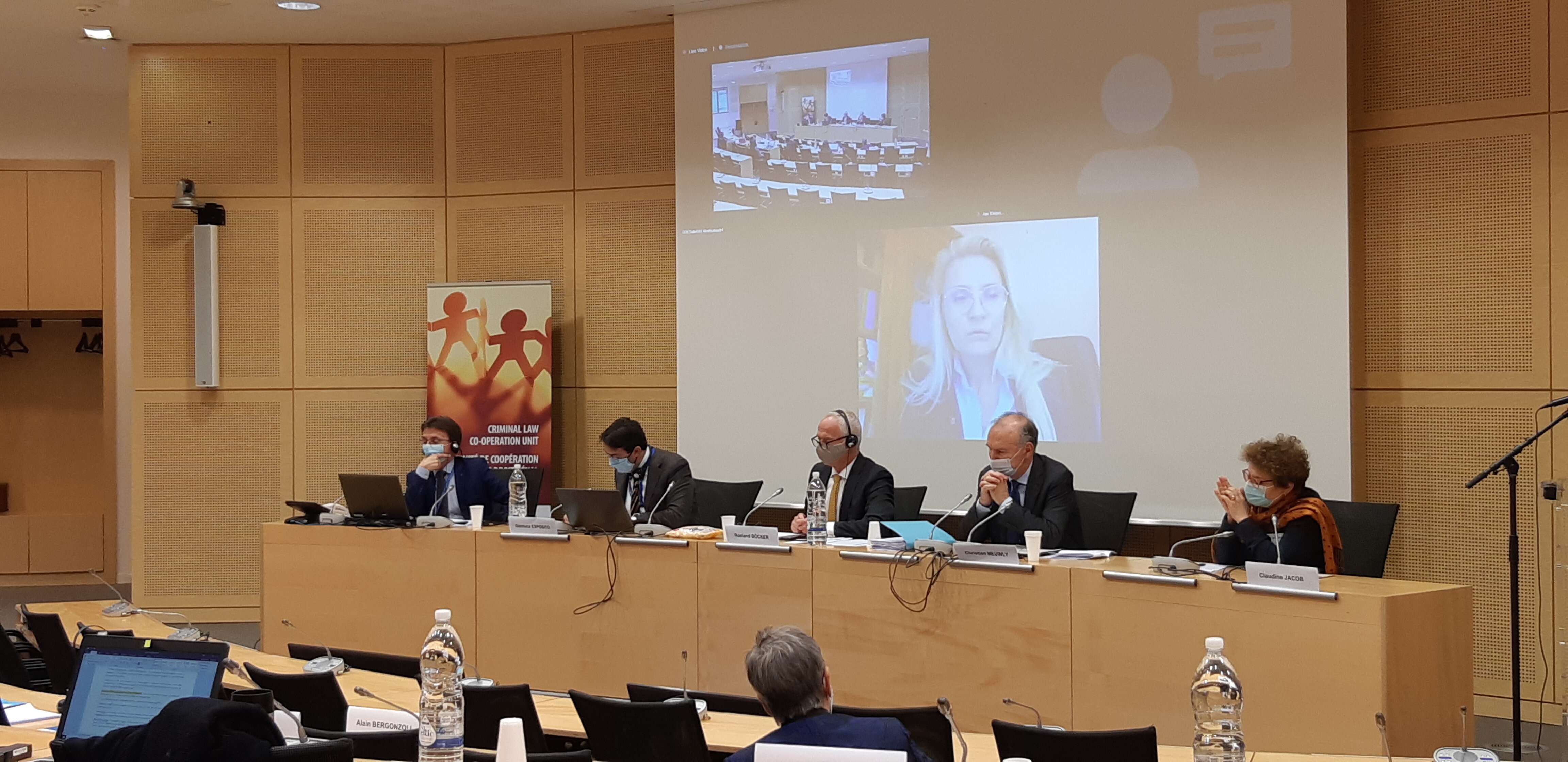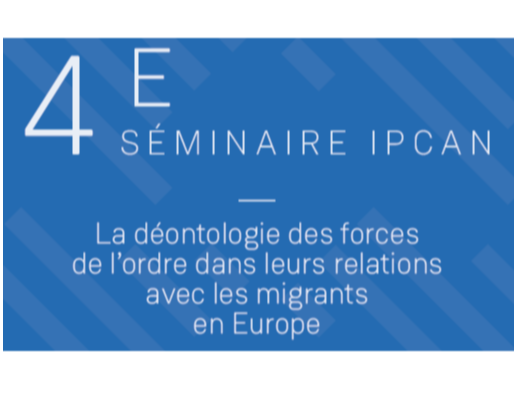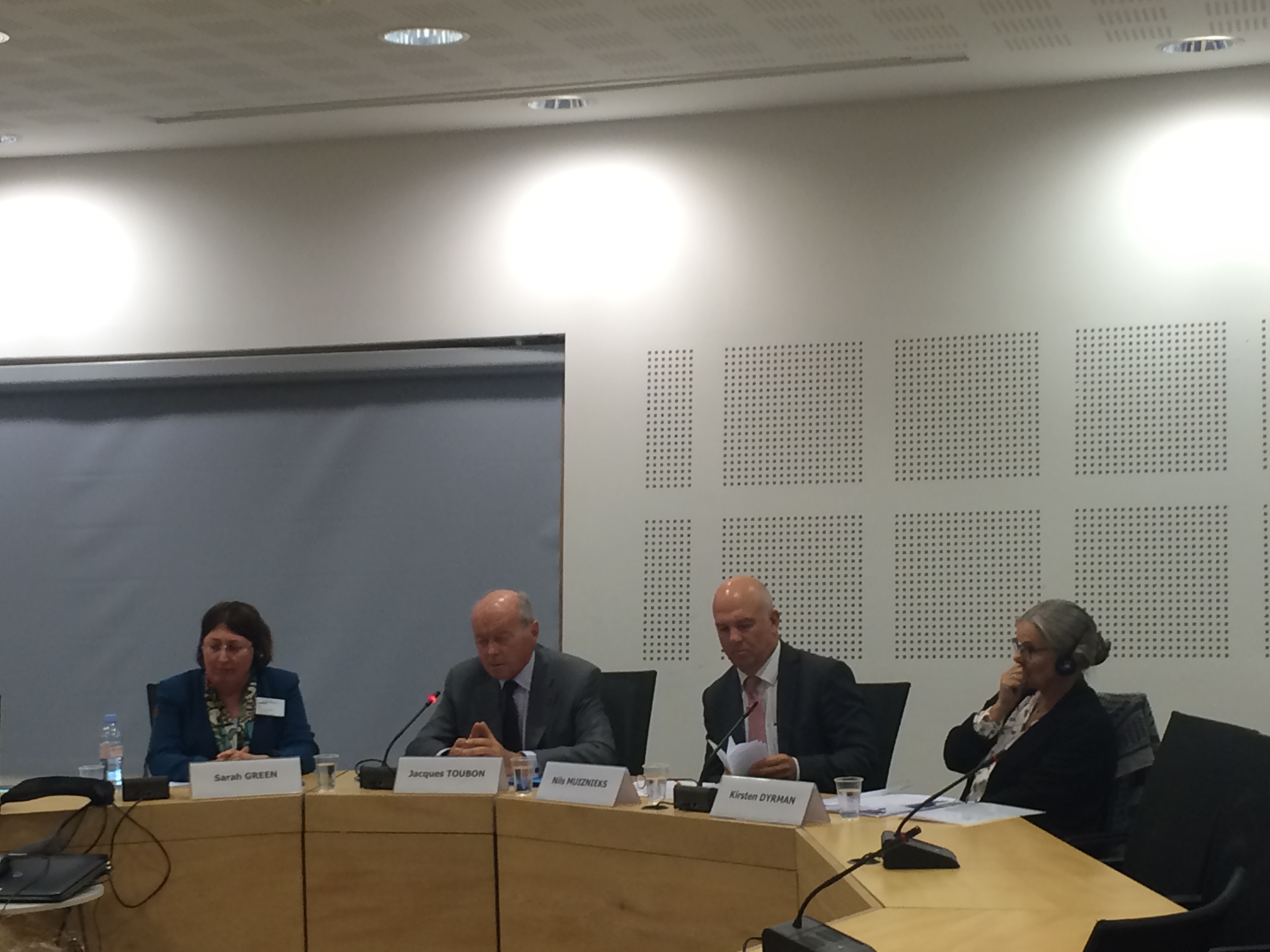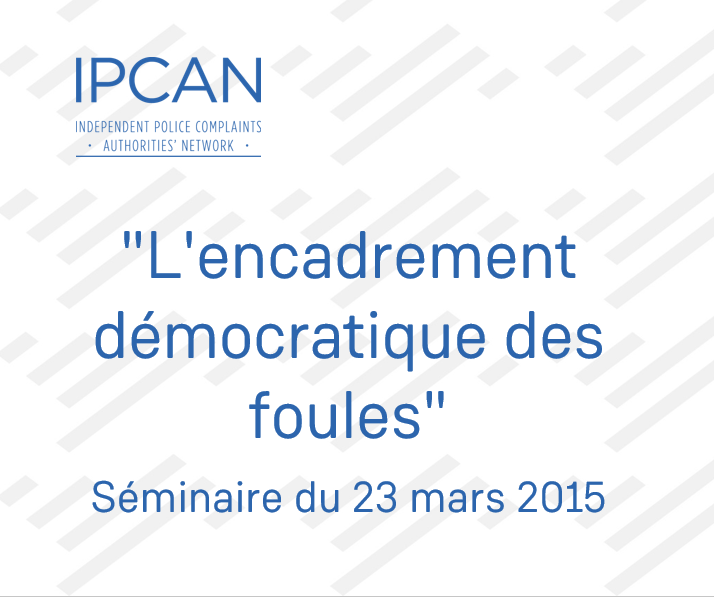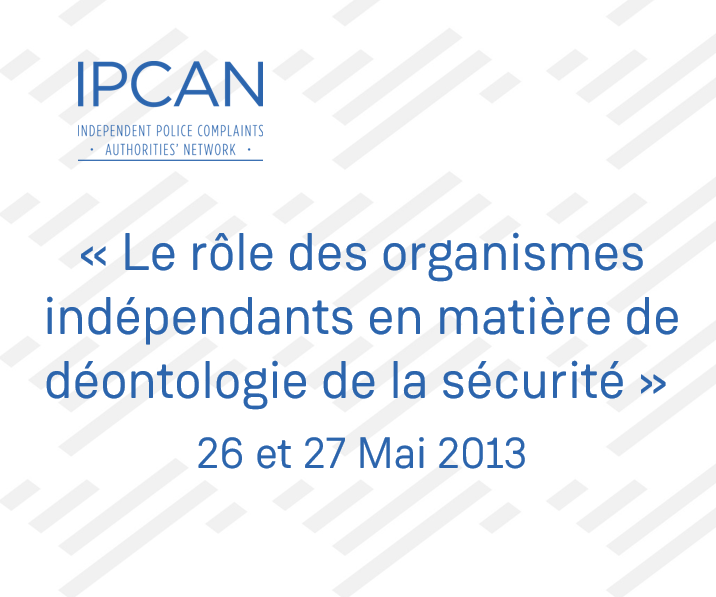On 20 January, the Defender of rights published a study entitled “External Police Monitoring Agencies: Emergence and Consolidation”. This study, carried out by an independent team of researchers on the basis of original data collected from 25 agencies in 20 countries, is the first of its kind on the subject.
It describes the variety of bodies that exist in Europe. It is found that police control agencies (PCAs) have been established in large numbers since the 1990s. The study reveals that these types of PCAs are very different. All deal with complaints and can make recommendations to the government. But few have decision-making powers. Above all, their ability to do so is conditioned by their independence and also by their resources. Thus, for example, the study shows that the number of complaints received is proportional to the resources available to the CPAs. A typological analysis reveals two categories of CPAs by combining two criteria, the degree of formal independence (“de jure”) and financial resources: the “weakly independent-resource-rich” and the “independent-resource-poor”. Thus, we find that governments that guarantee the independence of CPAs give them less material means to carry out their mission. This is particularly the case in France, which has the lowest allocation in Europe per police officer to be controlled. Conversely, the Police Ombudsman for Northern Ireland has the largest resources per officer, but less formal independence.
This study is carried out within the framework of the activities of IPCAN, an informal network of exchanges and cooperation bringing together independent national bodies responsible for the external control of security forces.






